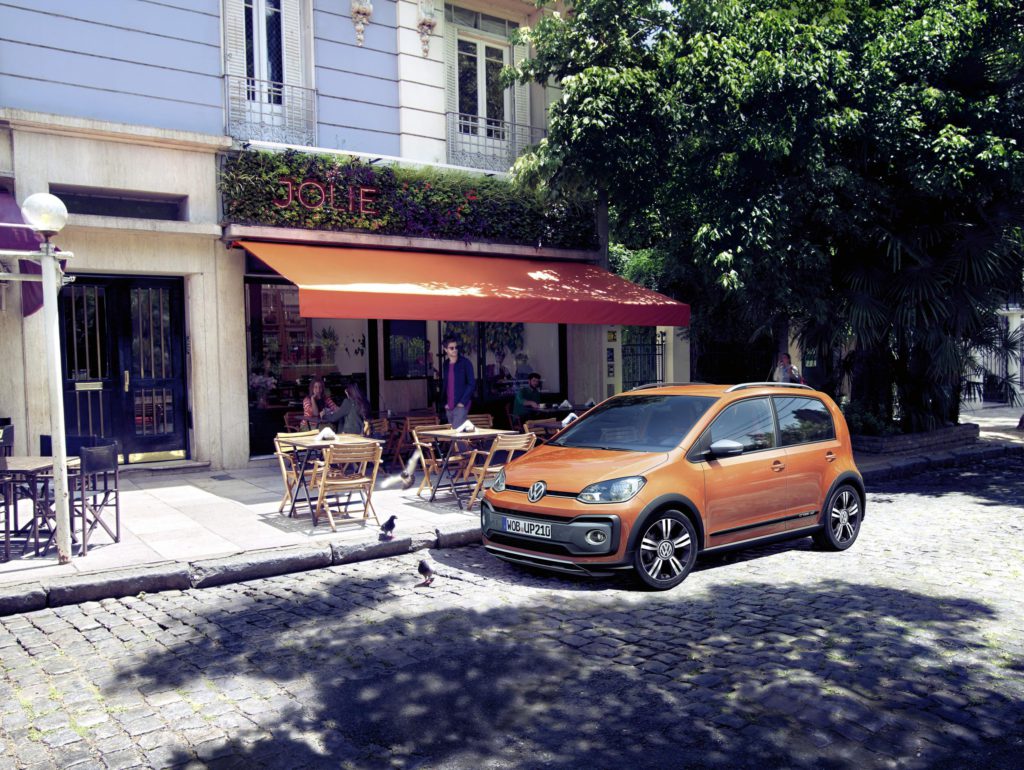VW Group could introduce last combustion engines in 2026
05 December 2018

5 December 2018
Volkswagen Group is aiming to introduce its last combustion engine vehicles with its next model refresh in 2026.
Following this, the group will focus on alternatively fuelled vehicles, as carmakers become increasingly under pressure to meet strict CO2 targets. The German carmaker announced last month that it will push forward with its electrification strategy earlier than planned.
′Our colleagues are working on the last platform for vehicles that aren’t CO2 neutral,’ Michael Jost, strategy chief for Volkswagen’s namesake brand, said at an industry conference near the company’s headquarters in Wolfsburg, Germany. ′We’re gradually fading out combustion engines to the absolute minimum.’
VW Group has started to introduce its first wave of electric vehicles (EVs), with the Porsche Taycan and Audi e-tron slated for production next year. The rollout across its 12 automotive brands is expected to comprise of about 15 million vehicles, as the business has earmarked around €45 billion over the next five years to spend on its transformation to become an EV leader.
Production of the VW brand’s I.D. Neo hatchback will start in 12 months in Germany, followed by other models from the I.D. line assembled at two sites in China as of 2020. VW plans to launch fully or partly electric versions across its line-up of more than 300 cars, vans, trucks and motorbikes by 2030.
VW will continue to modify its combustion engine technology after the new platform is introduced next decade. After 2050, there may still be some gasoline and diesel models in regions where there is insufficient charging infrastructure, according to Jost.
Problems with diesel pollution in cities can be resolved with cleaner engines, but the much bigger threat, in the end, is CO2 emissions, which contribute to global warming, the VW executive said.
Audi realigning
Meanwhile, the Audi Group has announced it is accelerating its realignment with high investments in future-oriented topics. From 2019 until the end of 2023 alone, the company plans advance expenditure of approximately €14 billion in electric mobility, digitalisation and autonomous driving. This includes investments in property, plant and equipment as well as research and development expenditure. Overall, the company’s total projected expenditure for the planning period of the next five years amounts to about €40 billion.
′This planning round bears a clear signature: We are taking a very systematic approach to electric mobility and will be much more focused in future. We are consistently prioritising our resources for future-oriented products and services that are highly attractive and relevant to the market,’ says Bram Schot, temporary Chairman of the Board of Management of AUDI AG. ′With models such as the recently presented Audi e-tron GT concept, we want to electrify people again for Audi and at the same time be an agile and very efficient company.’